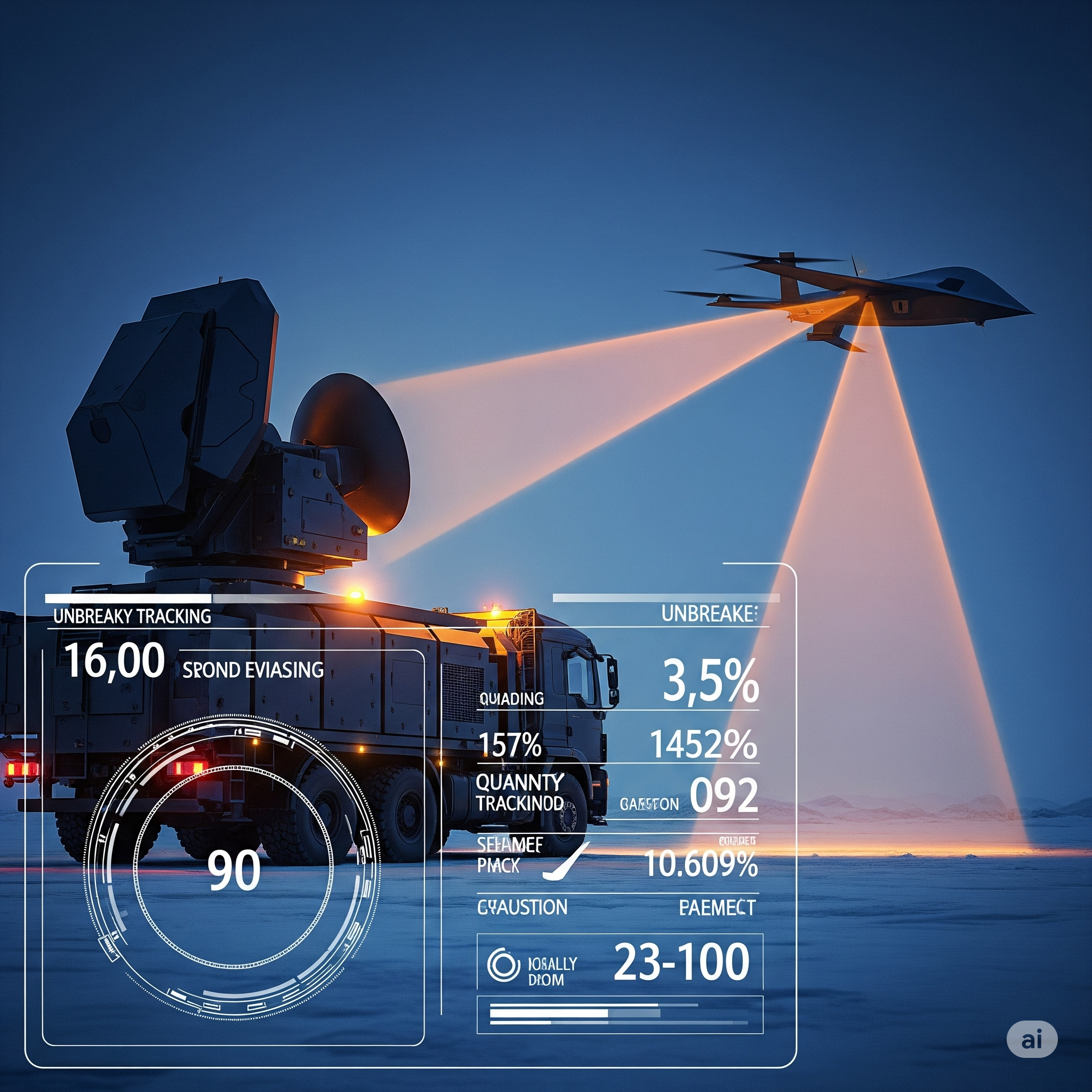In the evolving chessboard of global security, quantum technology is emerging as a game-changer. For India, mastering quantum systems for secure communications, surveillance, navigation, and advanced computing is not just another scientific milestone—it is a mission-critical pillar for defense autonomy and future battlefield superiority. As nations race to “out-quantum” each other, indigenous innovation will determine who commands the high ground in the wars of tomorrow.
Why Quantum Tech Matters in National Defense
Traditional digital defenses are crumbling. Quantum computers, once ready, could crack the cryptosystems guarding today’s military secrets within minutes. Meanwhile, quantum-powered sensors and navigation promise precision that GPS or classical radar cannot match. Here’s why quantum must be on every defense strategist’s radar:
1. Unbreakable Military Communication
- Quantum Key Distribution (QKD): Creates encryption keys that—even if intercepted—cannot be copied or deciphered without alerting both parties. China and the US have already achieved QKD links with their satellites; India must catch up for strategic insulation.
- Quantum internet: Next-gen networks will ensure command, control, and intelligence data flows remain secure, even against future quantum-caliber hacking.
2. Quantum Surveillance & Sensing
- Quantum radars and LIDAR: Detect “stealth” aircraft, subs, or rockets that evade classical sensors by leveraging quantum entanglement or “backscatter” signatures.
- Gravimeters and magnetometers: Pinpoint underground bunkers, tunnels, or maritime threats by reading minuscule changes in quantum fields—critical for border and maritime security.
3. Quantum Navigation
- GPS denial-proof: Quantum gyroscopes and accelerometers enable submarines, planes, and mobile forces to navigate accurately when satellites are jammed or compromised—vital in adversarial or signal-blocked theaters.
4. Quantum Computing for Mission Planning
- Ultra-fast codebreaking: Offense and defense—crack enemy codes or safeguard India’s own using quantum-resistant algorithms.
- Optimized logistics: Model complex battlefield variables and move assets with clockwork efficiency, outperforming even the best classical supercomputers.
India’s Quantum Defense Drive: What’s Happening Now?
Key Indigenous Initiatives
- National Quantum Mission (NQM): Funding quantum research, incubators, startups, and defense application pilots—over $1 billion earmarked for 2024–30. NQM
- DRDO, ISRO & BARC projects: Focused on quantum communication satellites, quantum random number generators for secure keys, and quantum gravimetry.
- IISc, IITs & Startups: Building photonic circuits, scalable QKD nodes, and homegrown quantum cryptographic software for deployment in secure networks.
- Military pilot deployments: Quantum-encrypted fiber links tested by the Indian Army in border regiments.
The Ambition
- Achieve operational quantum-safe communication across military, paramilitary, and intelligence chains by 2030.
- Build sovereign quantum navigate-and-sense capability—so India’s troops and fleets can act with precision, anytime, anywhere.
How Quantum Could Redefine India’s Defense Edge

- Deterrence: Unbreakable command channels and quantum radars bolster second-strike and first-strike survivability.
- Autonomy: No foreign dependence for encryption, navigation, or mission-critical computing—eliminating economic and technological chokeholds.
- Asymmetric Advantage: Quantum innovation enables India to punch above its weight—countering bigger adversaries with smarter, stealthier, and more resilient operational tech.
Barriers on the Quantum Road
- Talent Crunch: Ultra-specialized skills in quantum physics, photonics, materials science, and cryptography are still scarce.
- Infrastructure: Quantum labs need extreme conditions (cryogenics, vibration isolation) and costly equipment—scaling these for national defense will take targeted investment and global collaborations.
- Global “Tech Walls”: Quantum hardware imports face export controls—pushing India to focus on indigenous full-stack quantum tech, from chips to software.
- Validation & Testing: Real-world conditions (battlefield noise, jamming, weather) make pilot testing critical before scaling.
Conclusion
Quantum technologies are no longer just the stuff of physics textbooks—they are becoming India’s front-line tools in the global scramble for security, autonomy, and digital dominance. As the world’s major powers double down, mastering quantum will spell the difference between defense dependence and true strategic edge. With smart investments, homegrown innovation, and unwavering mission focus, India can lead—not follow—the next era of defense technology. And the future of the nation’s autonomy may well depend on how deeply India can weave quantum into its own security fabric.









+ There are no comments
Add yours